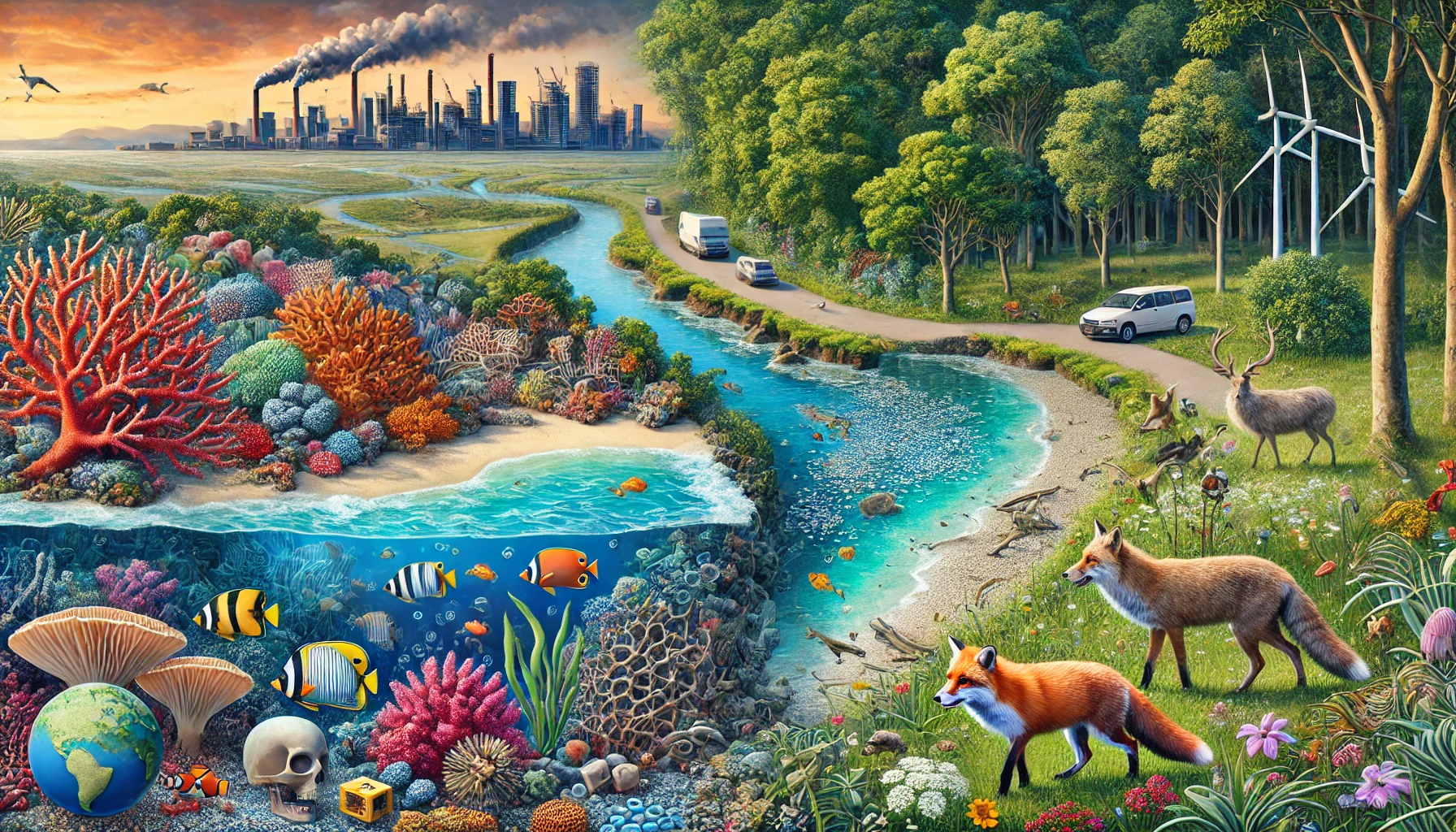1. Coral Reef Resilience and Bleaching
Recent studies have shown that some coral species possess adaptive mechanisms to survive rising ocean temperatures. However, the rate of bleaching events continues to outpace recovery, threatening marine biodiversity. This highlights the importance of recent ecological research in understanding these dynamics.
2. Microplastics in Ecosystems
New research indicates that microplastics are not only pervasive in marine environments but have also infiltrated terrestrial and freshwater ecosystems. Their presence affects soil health, water quality, and the food chain. Recent ecological studies have shed light on these impacts.
3. Urban Wildlife Adaptations
Ecologists have observed that many species are rapidly adapting to urban environments. Changes in behavior, diet, and breeding patterns are enabling some species to thrive, offering insights into resilience in the face of habitat loss. These observations are crucial aspects of recent ecological research.
4. Carbon Sequestration by Forests
Recent findings emphasize the critical role of tropical forests in carbon sequestration. However, deforestation and forest degradation significantly reduce their capacity to mitigate climate change. Understanding this through recent ecological research is vital.
5. Pollinator Decline
Studies reveal alarming declines in pollinator populations, such as bees and butterflies, due to pesticide use, habitat destruction, and climate change. This trend poses a severe threat to global food security. Insights from recent ecological research are essential in addressing these declines.
6. Wetland Restoration Benefits
Research highlights the ecological and economic benefits of restoring degraded wetlands, including improved biodiversity, carbon storage, and water purification. These benefits are often highlighted in recent ecological research.
Implications of These Findings
These discoveries underscore the interconnectedness of ecosystems and human activities. They also highlight the critical need for:
- Sustainable Land Use: Policies to protect forests, wetlands, and other vital ecosystems. These policies are often informed by recent ecological research.
- Pollution Reduction: Strategies to curb plastic waste and chemical pollution.
- Conservation Programs: Efforts to restore degraded habitats and protect endangered species.
How Individuals Can Contribute
- Support sustainable products and reduce plastic usage.
- Participate in community conservation projects.
- Advocate for policies promoting renewable energy and habitat protection.
The latest ecological research findings serve as a call to action. As we continue to understand the intricacies of nature, it becomes evident that proactive measures are essential to preserve the planet for future generations.

